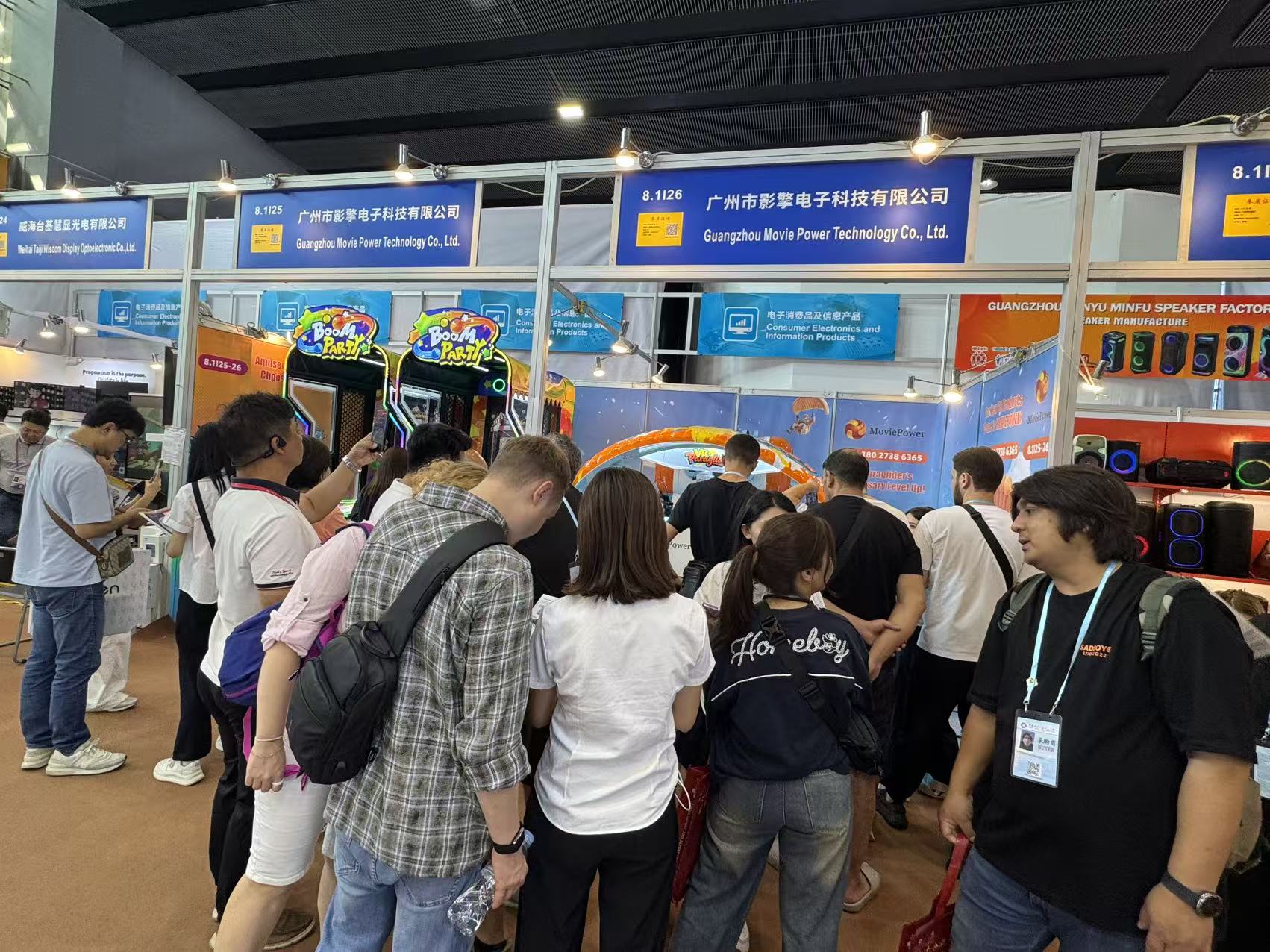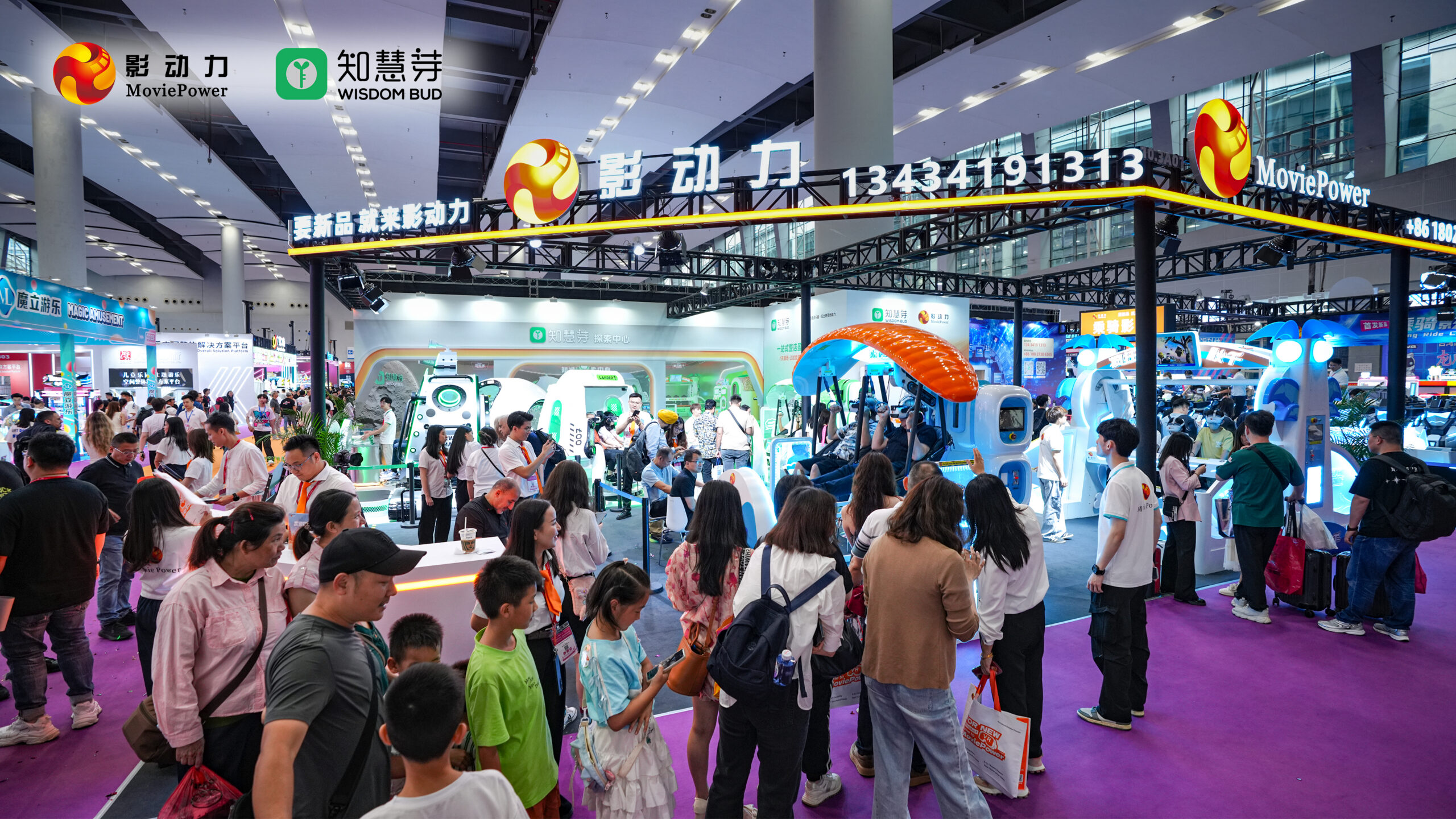
source: pinterest
Virtual reality (VR) has become a hot topic in the world of gaming, offering players an immersive experience like no other. VR arcade machines have paved the way for this type of gaming by providing a platform for players to experience virtual reality in a safe and accessible way. As the popularity of VR gaming continues to rise, so too does the demand for VR arcade machines.
In this article, we’ll explore the exciting world of VR racing simulators and discuss the benefits and unique experience they provide to avid gamers.
The Basics of VR Racing Simulators
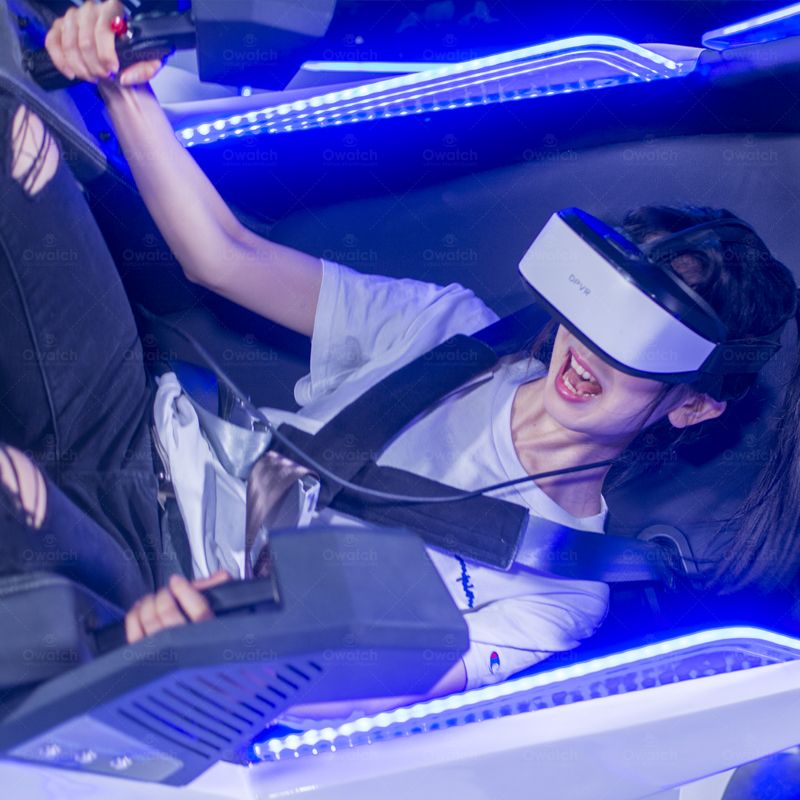
source: pinterest
Virtual reality racing simulators are a combination of high-definition displays, motion sensors, and realistic sound effects, giving players an immersive experience of driving a vehicle, flying a plane, or riding a roller coaster. Many simulators come in the form of a rigged cockpit or standing platform, and players use specially designed controllers, such as steering wheels, pedals, and gear shifts, to control their vehicle’s movements. There are different types of VR racing simulators available, ranging from single-vehicle racing to roller coaster and flying simulators.
The Advantages of VR Racing Simulators

source: pinterest
Virtual reality racing simulators offer players many advantages over traditional racing simulators. First and foremost, the safety of VR racing makes it a much safer option than driving a real race car on a track. Additionally, the accessibility and cost-effectiveness of virtual reality racing make it accessible to a wider range of players, allowing those who might not have access to a real racetrack to experience high-speed thrills.
Another advantage of VR racing simulators is the reduced risk of motion sickness. Unlike traditional simulators, which can cause motion sickness due to their inability to replicate the sense of movement, VR racing simulators transport players into a virtual world which provides the illusion of movement, allowing players to experience the thrill of racing without the physical discomfort.
The Thrill of VR Racing Simulators
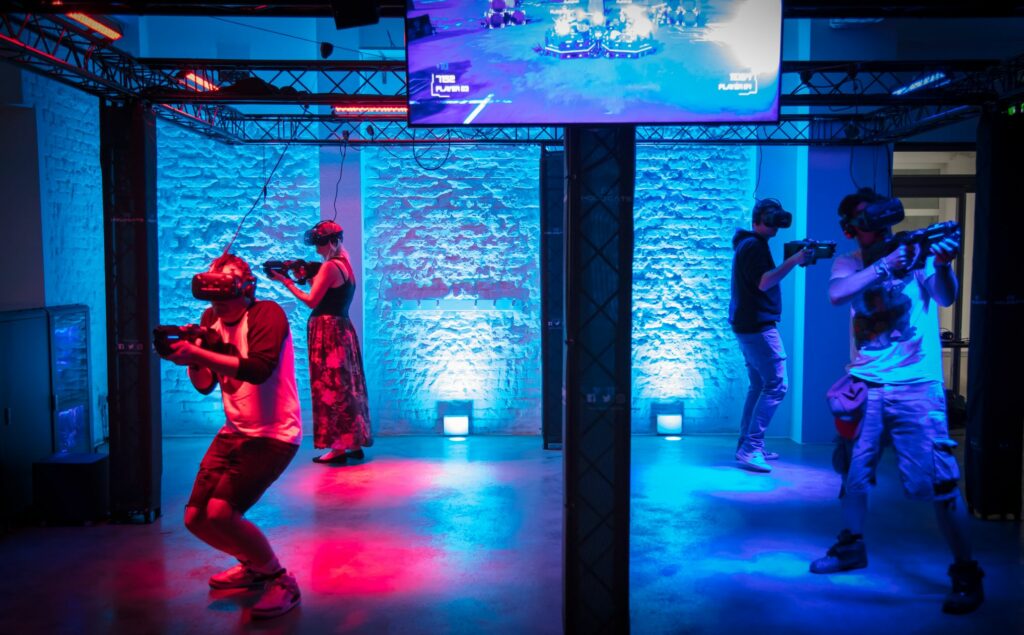
source: pinterest
Immersive Experience
Virtual reality racing is not a new concept; however, its increasing popularity among gamers is awe-inspiring. VR racing simulators provide an immersive and thrilling experience that can transport players to different locations and environments. These simulators allow players to experience the rush and excitement of high-speed driving, riding a rollercoaster or even flying through the skies. The level of immersion that VR simulators provide makes players feel as if they’re actually in the game, with realistic sound effects and responsive motion tracking creating a fully-realized virtual environment.
Realism and Physical Sensations
Playing a game on a screen is one thing but experiencing it first-hand is a whole different ballgame. VR racing simulators offer players a unique way to experience the thrill and excitement of high-speed racing that simply isn’t possible through traditional gaming methods. VR racing simulators can make players feel like they’re flying down the track, careening around curves, and racing through tight corners.
With the added feature of motion feedback and physical sensations of speed, acceleration, and vibration, VR racing simulators are the closest thing to being on a real race track. These physical sensations, coupled with the realistic graphics, bring the experience to life, taking the challenge and excitement of racing to an entirely new level.
Customization and Control
The level of realism in VR racing simulators is unmatched by other traditional gaming modes, providing players with the ultimate experience of control and freedom. These racing experiences offer unlimited opportunities for customization, from car and map selection to weather and time-of-day options. Such versatility allows each player to customize their experience to suit their preferences.
Diversity of Racing Experiences
Moreover, VR racing simulators may provide a more diverse racing experience than real-life racing. These simulators can offer challenges that are difficult or impossible to replicate in real life, such as racing on the surfaces of other planets or in outer-space. Some simulators provide multiplayer modes, giving gamers the opportunity to compete against other players worldwide. Never before has the world of racing been so open to new experiences and possibilities.
In conclusion, the experience of virtual reality racing simulators is undoubtedly a unique and thrilling adventure. The immersive experience of driving at high speeds can be unparalleled, providing an experience that is truly like no other. With the added benefits of customization, challenge, and interactivity, it’s easy to see why VR racing simulators are quickly taking over the world of gaming.
VR Racing Simulators vs. Traditional Racing Simulators
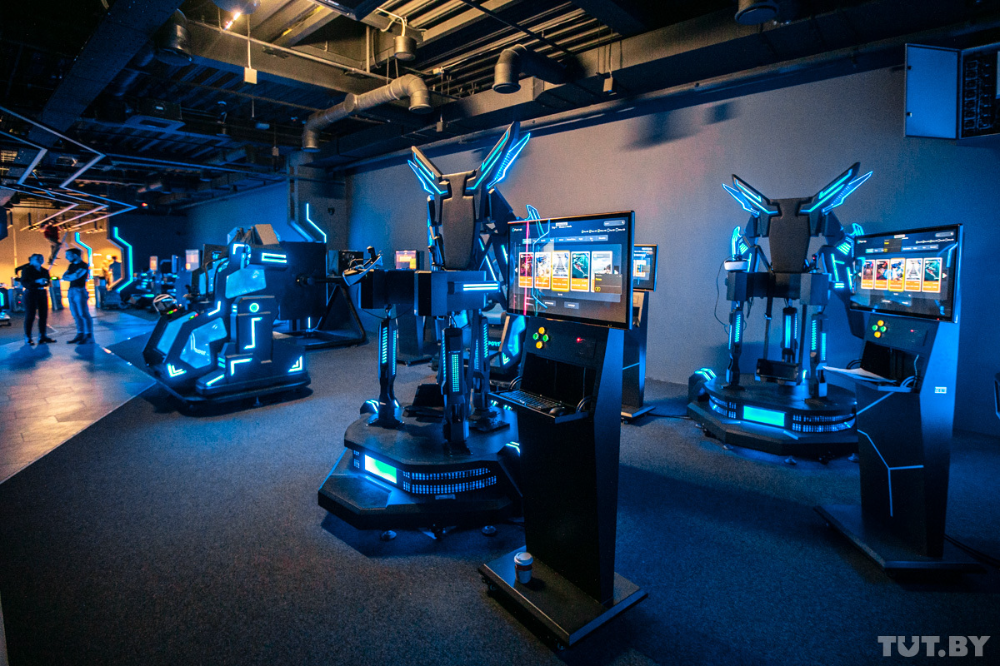
source: pinterest
There is no doubt that traditional racing simulators offer a unique and thrilling experience that cannot be matched by many other forms of gaming. However, virtual reality racing simulators take this experience to an entirely new level. Virtual reality racing and traditional racing simulations each have their own set of advantages and disadvantages. Comparing the two provides insight into what each experience has to offer.
Virtual reality racing simulators offer a more immersive and realistic experience than traditional simulators. The level of detail that can be created with virtual reality technology, from the sound effects and motion feedback to the graphics and movement simulation, can transport players to a new dimension of gaming.
The sense of depth and three-dimensionality is particularly stunning and adds to a greater sense of immersion. Unlike traditional racing simulators, virtual reality simulators make players feel like they’re actually in the game, and their movements directly affect the car in the game. This level of control and freedom is unparalleled and makes virtual reality racing simulators a more challenging and rewarding experience.
Additionally, virtual reality simulators provide added safety benefits that traditional simulators cannot offer. Racing on a real track can be dangerous, with high-speeds and difficult maneuvers making it risky for drivers and other people. Virtual reality racing eliminates these risks.
In contrast, traditional racing simulators can provide a more accessible and cost-effective solution for gamers. For aspiring racers, traditional track simulators can provide a realistic and engaging experience while building skills for racing on a track. The experience of driving a real racecar on a real track cannot be easily replicated in virtual reality, and for some players, there is no substitute for the rush and excitement of a real race.
Another downside of virtual reality racing simulators is that they demand the availability of a high-end computer, console or mobile device capable of providing the system’s necessary specifications. By contrast, traditional racing simulators are available for various platforms, including mobile devices, tablets and entry-level desktop computers. This means that traditional racing simulators can be played on a wide range of devices, making them more accessible to players on a budget.
One drawback of virtual reality racing simulators that is often mentioned is the technical complexity of the systems themselves. Users must have the technical know-how to set up the system correctly. This can make getting started with virtual reality gaming more complicated and error-prone, making it less accessible for beginners.
In conclusion, there are advantages and disadvantages to both virtual reality and traditional racing simulators. Virtual reality racing simulators provide an unparalleled level of immersion and realism, making them an incredible experience for gamers seeking the ultimate thrill of high-speed racing. Conversely, traditional simulators offer an accessible and cost-effective way for gamers to enjoy racing simulations. Both simulators have their own unique set of benefits and drawbacks, giving players the option to choose what works best for their preferences and budget.
The Future of VR Racing Simulators
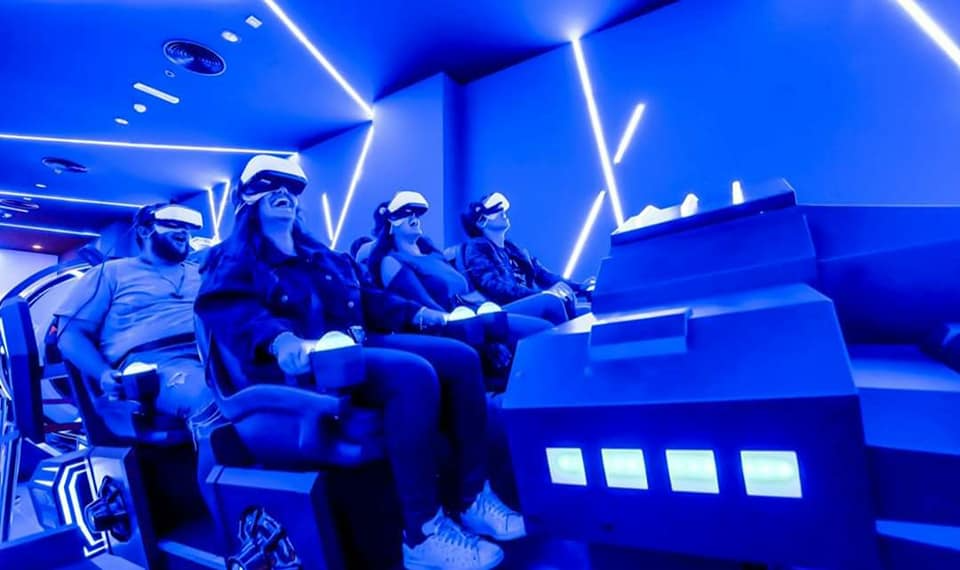
source: pinterest
As virtual reality technology continues to evolve, we can expect to see more advanced and immersive VR racing simulators in the future. Advancements in haptic feedback technology could create even more realistic motion sensations, while emerging technologies such as full-body haptic suits could create an even more immersive racing experience.
Conclusion

source: pinterest
Virtual reality racing simulators provide a unique and thrilling experience that can transport players to different locations and environments. The reduced risk of motion sickness, improved safety, and accessibility make VR simulators an attractive option for gamers. While traditional simulators can provide a more affordable option, they cannot offer the same level of realism and immersion as VR simulators. As technology continues to advance, we can expect an even more exciting future for virtual reality racing simulators.

